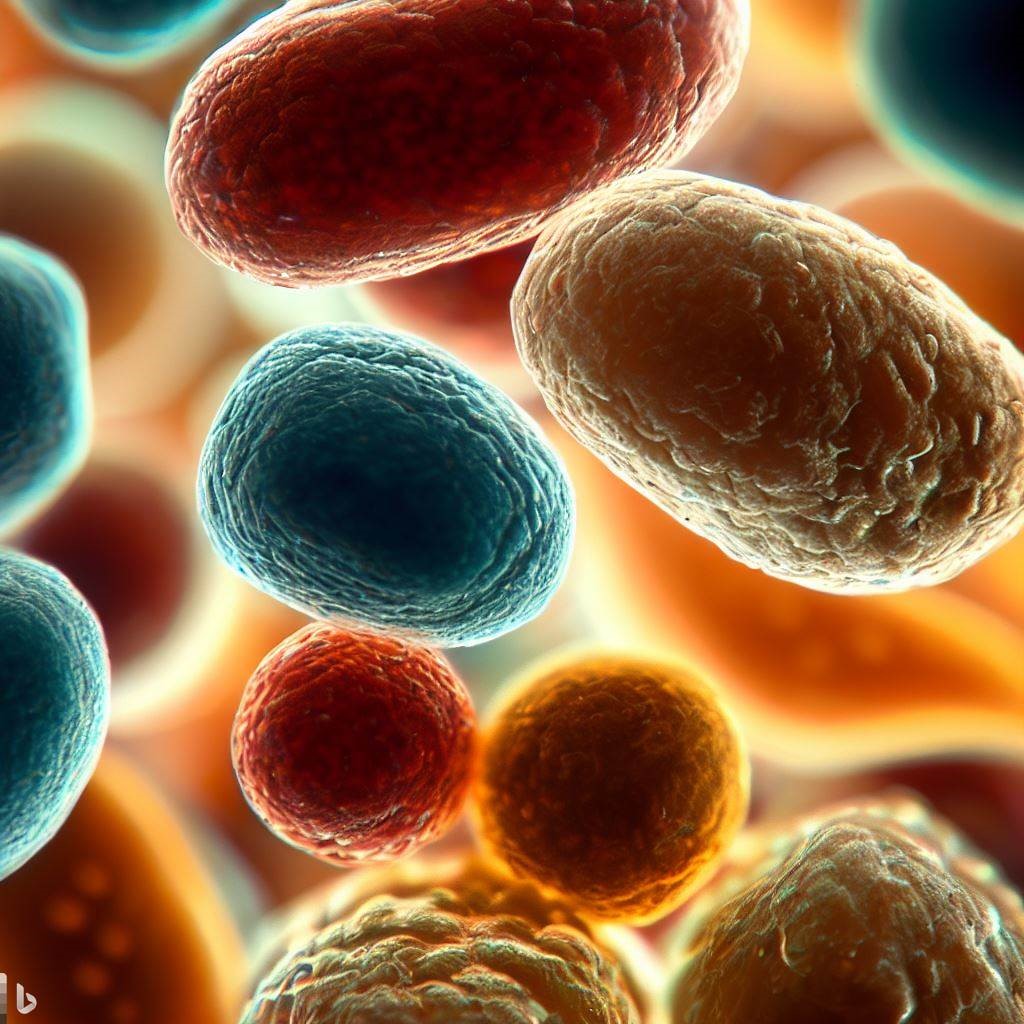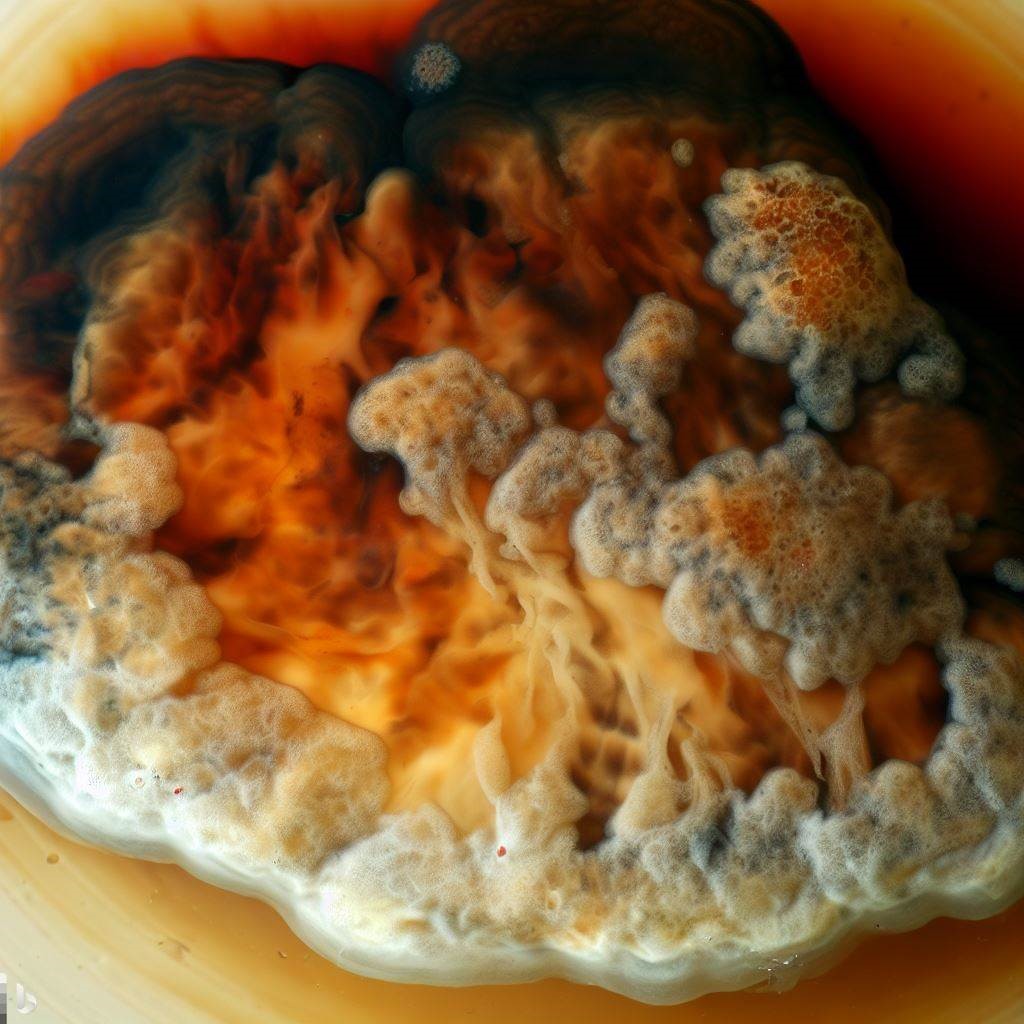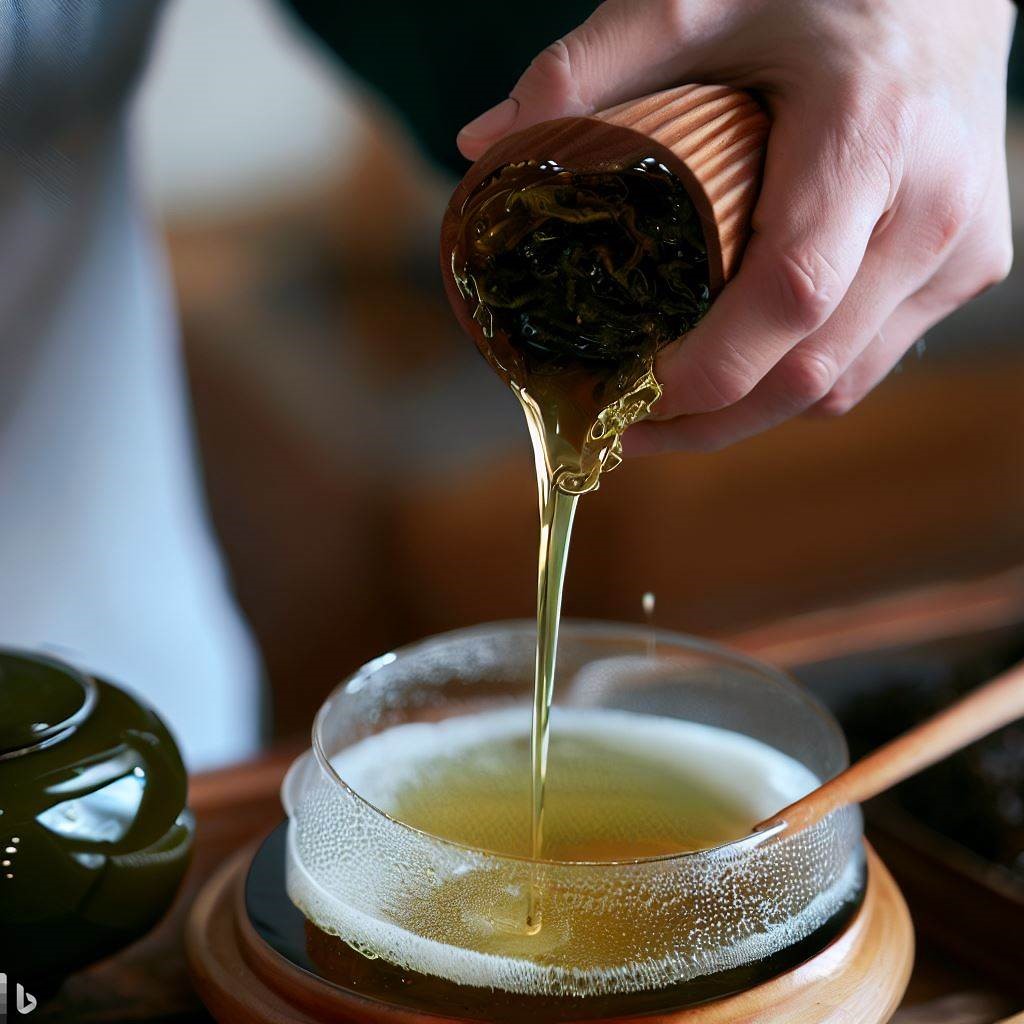The Antioxidant Powerhouse: Unveiling the Health Benefits of Kombucha but What Antioxidants are in Kombucha?
Kombucha, a fermented tea that has been consumed for thousands of years is rich in beneficial probiotics and, most importantly, packed with antioxidants. But what exactly are these antioxidants, and how do they contribute to our health? Let’s dive in.
What are Antioxidants
Firstly, let’s understand what antioxidants are. These are substances that can prevent or slow damage to cells caused by free radicals, unstable molecules that the body produces as a reaction to environmental and other pressures. They are often referred to as the body’s “housekeepers,” thanks to their role in keeping cells in optimal health.
Now, let’s turn our attention to kombucha. This fizzy, with a pinch of sour, drink is made by adding specific strains of bacteria, yeast, and sugar to black or green tea, then allowing it to ferment for a week or more. During this fermentation process, kombucha becomes a rich source of antioxidants, which are primarily derived from the tea used as its base.
It starts with the Green Tea!
Green tea, one of the healthiest beverages on the planet, is often used in kombucha brewing. It’s loaded with polyphenols, a type of antioxidant that fights free radicals in the body. These polyphenols are retained in kombucha during the fermentation process, making kombucha a potent antioxidant drink. So, what antioxidants are in Green Tea?

EGCG – A Powerful Antioxident
Moreover, kombucha made from green tea contains a significant amount of Epigallocatechin Gallate (EGCG), one of the most powerful compounds in green tea. EGCG is known for its strong antioxidant properties.
Epigallocatechin Gallate (EGCG) is a type of catechin, a natural antioxidant, predominantly found in green tea. It’s renowned for its potential health benefits, which are attributed to its potent antioxidant, anti-inflammatory, and anticarcinogenic properties.
One of the most significant benefits of EGCG is its potential role in heart health. It’s believed to help lower LDL cholesterol levels and prevent the oxidation of LDL particles, a key factor in the development of heart disease. By improving heart health, EGCG can potentially reduce the risk of stroke and heart attacks.
EGCG also shows promise in the field of cancer prevention and treatment. Studies suggest that it can inhibit the growth of cancer cells and prevent the spread of tumors. Its antioxidant properties help neutralize harmful free radicals that can lead to cell damage and cancer.
In addition to its cardiovascular and anticancer benefits, EGCG has been linked to weight loss and improved metabolic health. It can increase fat oxidation and boost metabolic rate, aiding in weight management. Furthermore, it can improve insulin sensitivity, which is crucial for maintaining stable blood sugar levels.
Neuroprotective benefits are another area where EGCG shines. It’s been found to protect neurons from damage, potentially slowing the progression of neurodegenerative diseases like Alzheimer’s and Parkinson’s. It may also enhance brain function and improve cognitive performance, memory, and mood.
Lastly, EGCG’s anti-inflammatory properties can help manage symptoms of chronic inflammatory diseases, such as arthritis and inflammatory bowel disease. It can also support skin health by reducing inflammation and oxidative stress, potentially slowing the aging process and reducing acne. Not Bad!
Vitamin C, another potent antioxidant
Vitamin C, also known as ascorbic acid, is an essential nutrient that plays a vital role in many bodily functions. It’s a powerful antioxidant, helps in the production of collagen, and enhances the absorption of iron, among other benefits.
One of the primary benefits of Vitamin C is its antioxidant properties. As an antioxidant, it helps protect the body’s cells from damage caused by free radicals, which are harmful molecules that can lead to chronic diseases like heart disease and cancer. By neutralizing these free radicals, Vitamin C can help reduce the risk of these diseases.
Vitamin C is also crucial for the production of collagen, a protein that provides structure to your skin, hair, nails, and connective tissues. By promoting collagen production, Vitamin C can help maintain skin health and slow down the aging process. It’s often used in skincare products for its ability to promote healing and reduce the appearance of wrinkles.
More Benefits! Vitamin C is Great
Another significant benefit of Vitamin C is its role in enhancing iron absorption. Iron is a vital mineral that is necessary for the production of red blood cells. Vitamin C helps convert iron that is poorly absorbed, such as plant-based sources of iron, into a form that is easier to absorb. This can help prevent iron-deficiency anemia.
Vitamin C also supports the immune system. It stimulates the production of white blood cells, which help protect the body against infections. It also helps these white blood cells function more effectively and protects them from damage by potentially harmful molecules like free radicals.
Probiotics Too..?
In addition to these antioxidants, kombucha is a potential source of probiotics. These beneficial bacteria colonize your gut and help your body digest food, potentially improving many aspects of health, including digestion, inflammation, and even weight loss.
But the benefits of kombucha don’t stop there. Studies have shown that drinking kombucha regularly can reduce liver toxicity caused by toxic chemicals, sometimes by at least 70%. This is largely due to the antioxidant properties of the drink, which help protect the liver from oxidative stress and damage.
Conclusion
In conclusion, what did we learn about what antioxidants are in kombucha? Well, glad you asked! It’s a rich source of antioxidants, offering a plethora of health benefits from improved digestion and reduced inflammation to enhanced immune function and liver protection. So, the next time you’re looking for a health-boosting beverage, consider reaching for a bottle of kombucha. Your body will thank you for the antioxidant boost! Happy Brewing Y’all.
Want to Learn More about Kombucha? See additional blog posts below:
Top Health Benefits of Kombucha







